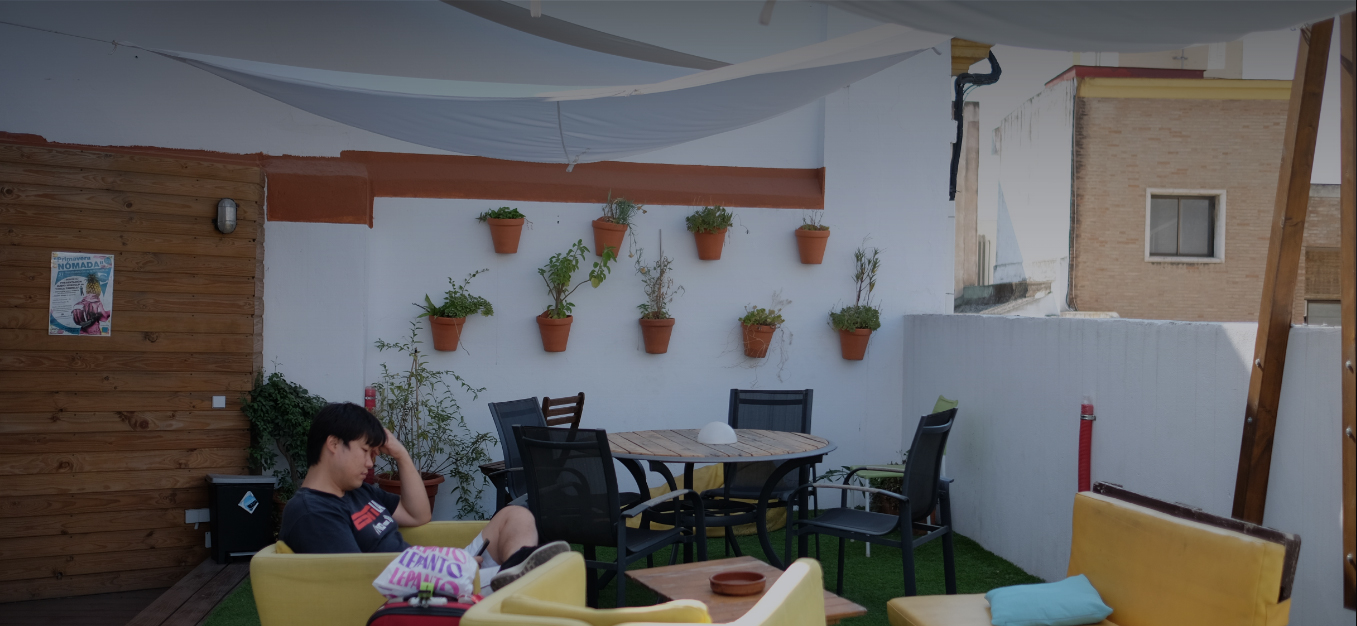
The Slow Movement advocates a cultural shift toward slowing down life’s pace. It began with Carlo Petrini’s protest against the opening of a McDonald’s restaurant in Piazza di Spagna, Rome in 1986 that sparked the creation of the Slow Food organization. Over time, this developed into a subculture in other areas, such as Cittaslow (Slow Cities), Slow living, Slow Travel, and Slow Design.
Geir Berthelsen and his creation of The World Institute of Slowness presented a vision in 1999 for an entire “Slow Planet” and a need to teach the world the way of Slow. Carl Honoré’s 2004 book, In Praise of Slowness, first explored how the Slow philosophy might be applied in every field of human endeavour and coined the phrase “Slow Movement”. The Financial Times said the book is “to the Slow Movement what Das Kapital is to communism”. Honoré describes the Slow Movement thus:
“It is a cultural revolution against the notion that faster is always better. The Slow philosophy is not about doing everything at a snail’s pace. It’s about seeking to do everything at the right speed. Savoring the hours and minutes rather than just counting them. Doing everything as well as possible, instead of as fast as possible. It’s about quality over quantity in everything from work to food to parenting.”
The Slow Movement advocates a cultural shift toward slowing down life’s pace. It began with Carlo Petrini’s protest against the opening of a McDonald’s restaurant in Piazza di Spagna, Rome in 1986 that sparked the creation of the Slow Food organization. Over time, this developed into a subculture in other areas, such as Cittaslow (Slow Cities), Slow living, Slow Travel, and Slow Design.
Geir Berthelsen and his creation of The World Institute of Slowness presented a vision in 1999 for an entire “Slow Planet” and a need to teach the world the way of Slow. Carl Honoré’s 2004 book, In Praise of Slowness, first explored how the Slow philosophy might be applied in every field of human endeavour and coined the phrase “Slow Movement”. The Financial Times said the book is “to the Slow Movement what Das Kapital is to communism”. Honoré describes the Slow Movement thus:
“It is a cultural revolution against the notion that faster is always better. The Slow philosophy is not about doing everything at a snail’s pace. It’s about seeking to do everything at the right speed. Savoring the hours and minutes rather than just counting them. Doing everything as well as possible, instead of as fast as possible. It’s about quality over quantity in everything from work to food to parenting.”





